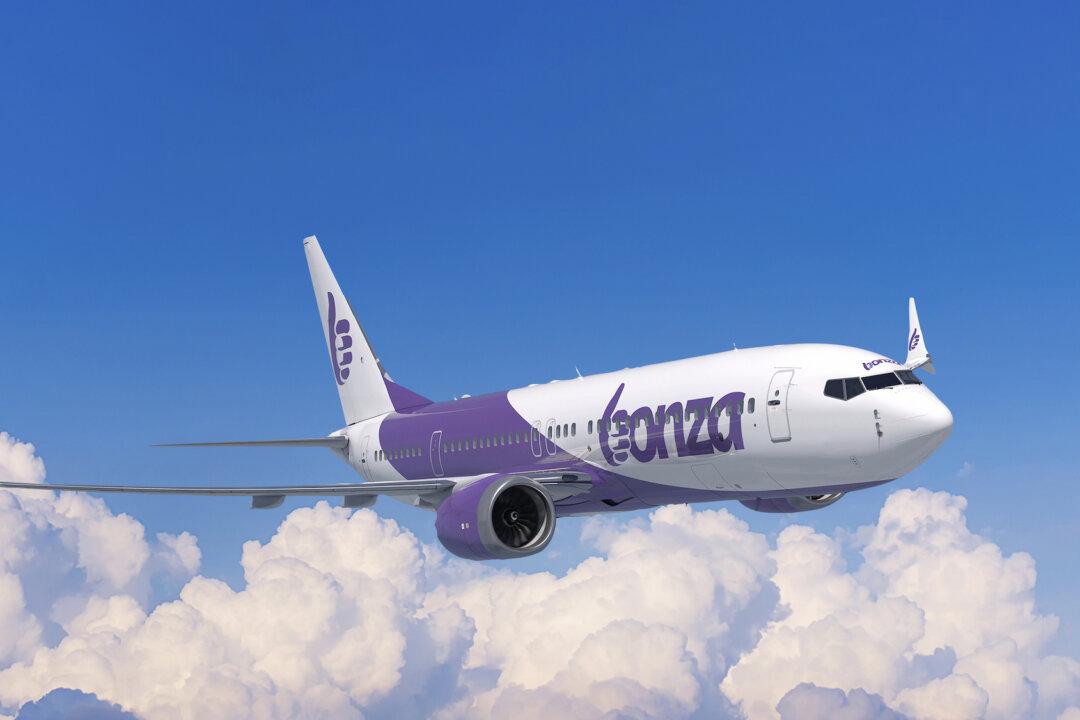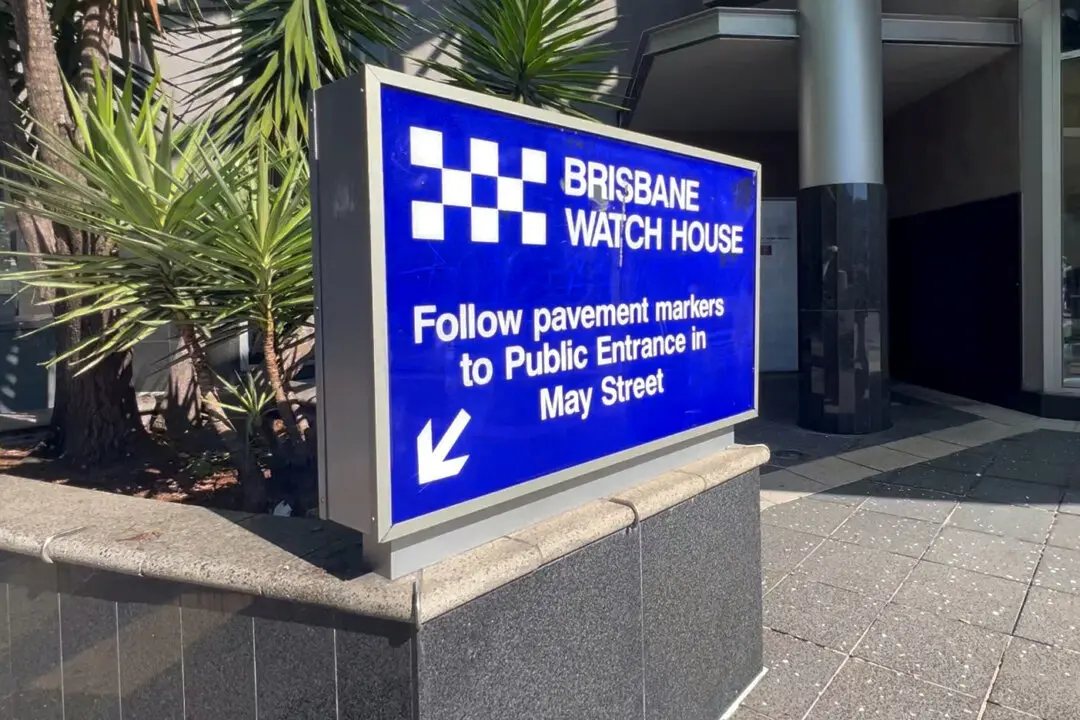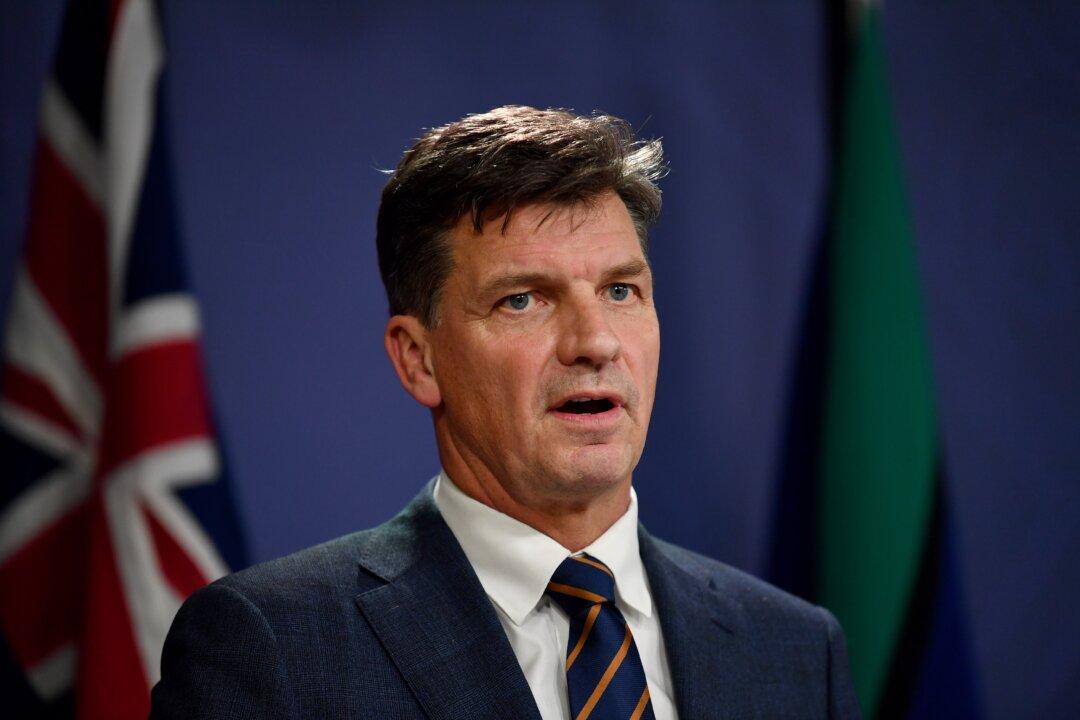
Bonza Airline staff have been sacked after the deadline for offers on the airline expired. AAP Image/ Getty, Southern Lightscapes-Australia
Administrators placed in charge of embattled Australian airline Bonza have sacked 323 staff during an online meeting.
Accounting firm Hall Chadwick had hoped interested parties would submit offers for the airline, which fell into financial trouble this year.





